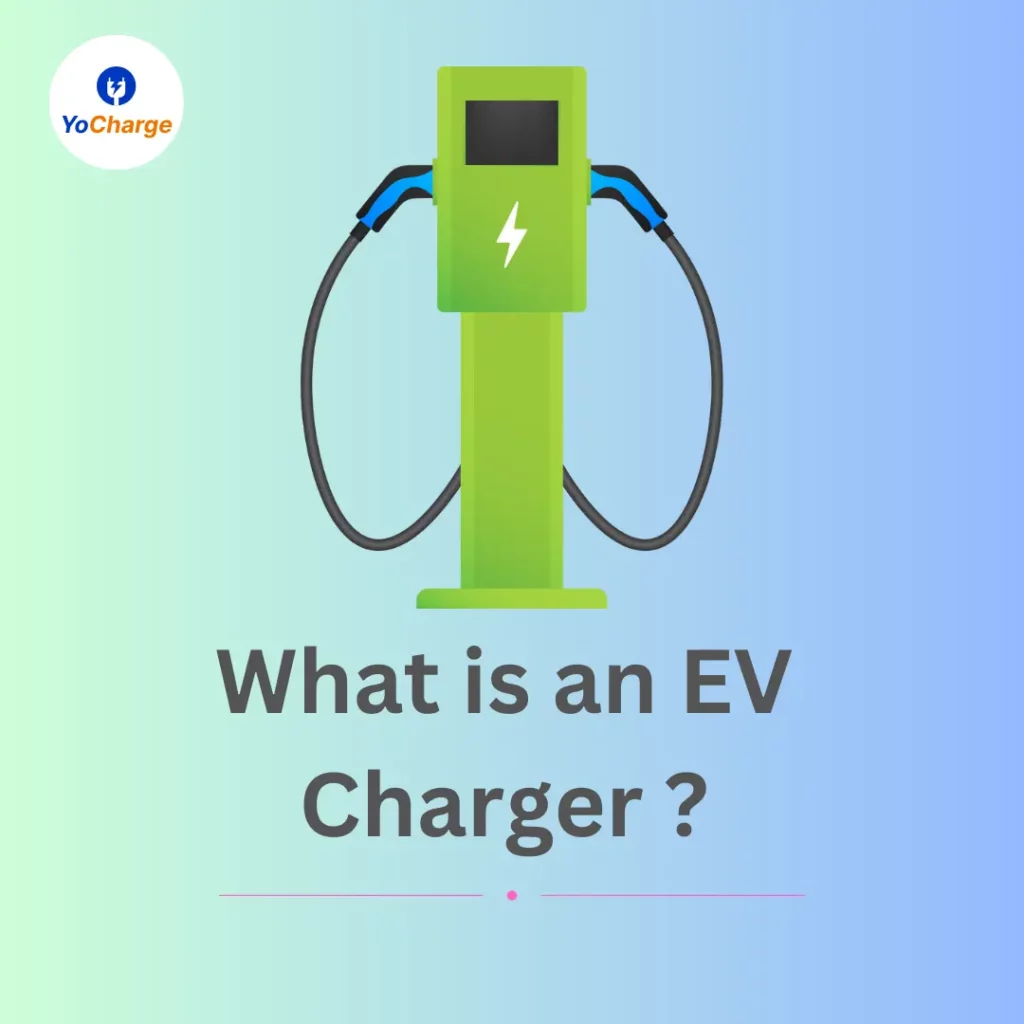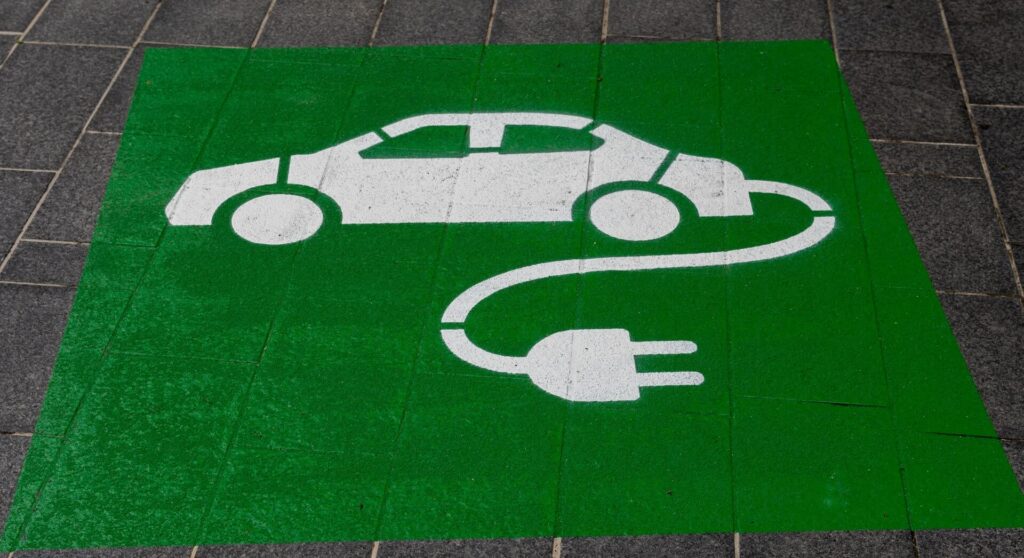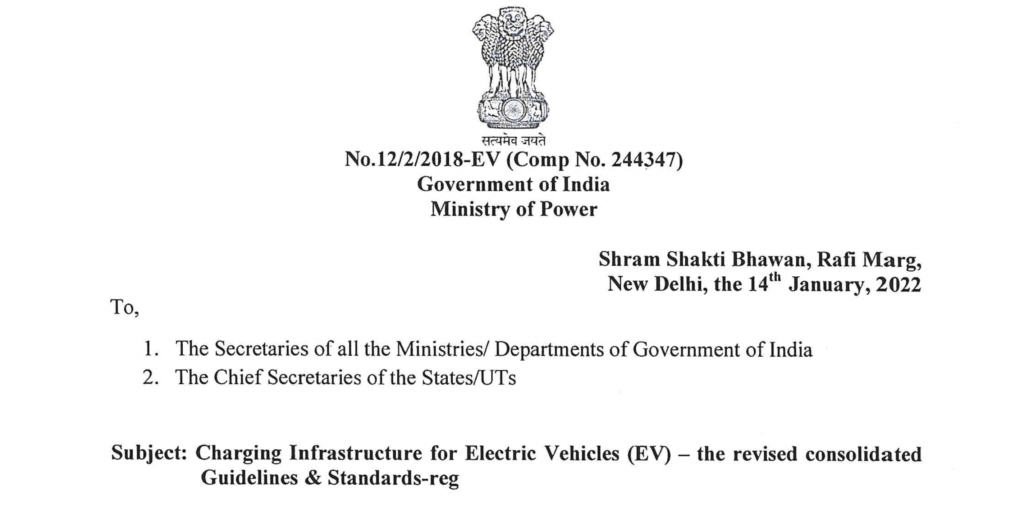
The United nations have come up with the Net Zero commitment that seeks immediate call for cutting the greenhouse gas emissions to zero. Many countries and coalitions across the world has joined together to achieve this target. In this article we discuss in detail about the What is Net Zero Coalition and its relevance for India.
Net Zero
Net zero refers to reducing greenhouse gas emissions as close to zero, with any leftover emissions being reabsorbed from the atmosphere, for example by oceans and forests. The goal of reducing greenhouse gas emissions that contribute to global warming to zero by balancing the amount put into the atmosphere from sources with the amount taken out and stored by carbon sinks is known as “net-zero.” Additionally, Net Zero is also referred to as “carbon neutrality” and occasionally “climate neutrality.”
Why is net zero important ?
As per scientific research, to mitigate the worst impacts of climate change and preserve a sustainable planet, we need to limit the global temperature increase to 1.5°C above pre-industrial levels. Currently, the Earth is already about 1.1°C warmer than it was in the late 1800s. The primary reason attributed for this temperature increase is increase in emissions of green house gases. And as per further research, to keep global warming to no more than 1.5°C , emissions need to be reduced by 45% by 2030 and reach net zero by 2050. (1)

Where does these Greenhouse Gases Emissions come from ?
The top 3 greenhouse gas emitters namely China, USA & European Union contribute about 46% of total GHG emissions which is about 16 times the emissions of the bottom 100 countries. Further, the 10 largest greenhouse gas emitters contribute over two-thirds of global emissions.
Countries by Emissions

Per Capita Emissions

How are we going to achieve Net-Zero ?
A growing number of countries, cities and businesses are making pledges to get to net-zero emissions. In 2015, 193 countries adopted the historic Paris Agreement to reduce global warming and build resilience to climate change. The Paris Agreement sets out a global framework to avoid dangerous climate change by limiting global warming to well below 2°C and pursuing efforts to limit it to 1.5°C.
The Paris Agreement works on a five- year cycle of increasingly ambitious climate action carried out by countries. Every five years, each country is expected to submit an updated national climate action plan – known as Nationally Determined Contribution, or NDC. In their NDCs, countries communicate actions they will take to reduce their greenhouse gas emissions in order to reach the goals of the Paris Agreement. The Glasgow Climate Pact called on all countries to revisit and strengthen the 2030 targets in their NDCs by the end of 2022, to align with the Paris Agreement temperature goal.
China has announced plans for carbon neutrality by 2060, while the US and EU aim to hit net zero by 2050.
Net Zero & India
India has also promised to cut its emissions to net zero by 2070, India is the world’s fourth biggest emitter of carbon dioxide after China, the US and the EU. As per experts, the top contributors to India’s total carbon emissions include power (above 40 per cent); steel and cement (25 per cent); transportation (15 per cent); and agriculture (14 per cent).
However, our emissions per capita are much lower than other major world economies. India emitted 1.9 tonnes of CO2 per head of population in 2019, compared with 15.5 tonnes for the US and 12.5 tonnes for Russia that year.
Additionally, Additionally, India has also made promise to get 50% of its energy from renewable resources by 2030, and by the same year to reduce total projected carbon emissions by one billion tonnes.
The government of India has taken multiple initiatives to promote electric mobility in India. Indian Railways is working in mission mode to become the World’s Largest Green Railways and achieve “Zero Carbon Emission” before 2030 (2). Indian Company, Infosys became carbon neutral across its value chain, 30 years ahead of the 2050 timeline set by the Paris Agreement. In 2020, when Infosys turned carbon neutral, its RE component was 44 per cent, while emissions from the remaining 56 per cent of electricity had to be offset to achieve carbon neutrality. RE usage has grown to 53.8 per cent in FY22.



